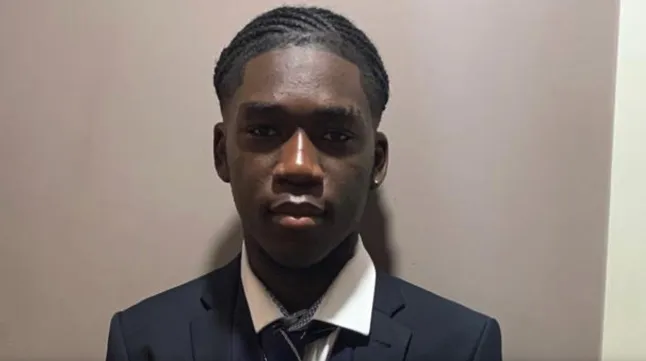Getting called into a police station or law enforcement office for questioning is scary – no matter the circumstances. And if you’ve never been in this situation before, you’re probably wondering what to do.
5 Steps to Take When Called in for Questioning
If you’re like most people, the idea of getting called in for questioning in a legal matter or crime isn’t something you’ve ever had to do (and would rather keep it that way). But that doesn’t give you an excuse to close your eyes and plug your ears. One way or the other, you have to respond.
With this in mind, here are some recommended steps to take:
- Understand Your Rights
In the United States, you have certain legal protections that are designed to help you in situations like this. So make sure you know your rights. These include the right to remain silent and the right to an attorney.
By constitutional law, you are not obligated to answer any questions that might incriminate you. The Fifth Amendment of the U.S. Constitution gives you this right. When the police read your Miranda rights, they usually start with, “You have the right to remain silent.” This means you do not have to say anything that could be used against you in court. If you choose to exercise this right, you can say, “I am exercising my right to remain silent” or “I won’t be answering any further questions. Am I free to go?” Either response is a clear and respectful way to let the officers know that you do not wish to proceed without legal counsel.
- Exercise Your Right to an Attorney
You also have the right to have an attorney present during questioning. This is key, because a lawyer can help ensure that your rights are protected and that you don’t say anything that could be misinterpreted or used against you.
Your constitutional rights also say that if you can’t afford an attorney, one will be provided. However, we highly recommend hiring a good attorney to work on your behalf. Nothing against public defenders – they work hard and mean well – but they’re usually overworked and don’t have the same “skin in the game” as a private attorney.
- Prepare Before Questioning
Before you go in for questioning, it’s a good idea to take some steps to prepare. Being prepared can help you feel more in control and less anxious.
As soon as you know you are being called in for questioning, contact an attorney. Even if you think you have nothing to hide, having legal representation is important. A lawyer can guide you on how to answer questions and what to avoid.
A lot of people assume they don’t need a lawyer, because they don’t believe they’ve done anything wrong. And somewhere along the way, we’ve been led to believe that the truth always comes out. (Unfortunately, this isn’t always true.)
Investigators and law enforcement officers often have clever ways of getting people to open up about things. For example, you might get called in for a vague reason that the investigator implies has to do with a colleague’s business dealings. But, in reality, they’re actually just using that as a wedge to begin delving into your own financial dealings, as they attempt to build a white collar criminal case against you.
That’s obviously just an example, but the point remains: If you don’t have a lawyer, look for one before you actually go in for questioning. They can help you formulate the right approach from the very beginning. As a note, most attorneys offer free consultations, which can be a good starting point for finding someone.
- Stay Calm and Collected
It’s natural to feel nervous, but try to stay calm. Take deep breaths and remember that being called in for questioning does not mean you are guilty of anything. Dress neatly and arrive on time. First impressions matter, and appearing composed and respectful can work in your favor.
Once you’re in the questioning room, how you conduct yourself can impact the outcome. Pay close attention to the questions being asked. If you don’t understand something, it’s okay to ask for clarification. Never guess or speculate in your answers. Only answer the question that is asked and avoid providing additional information that wasn’t requested. Doing so could lead to more questions or misunderstandings.
- Remain Polite and Respectful
No matter how you feel, it’s important to remain polite and respectful. Getting angry or defensive can make the situation worse. If you feel overwhelmed, it’s perfectly fine to take a moment to compose yourself.
While it should be obvious, it’s worth pointing out that lying to the police can land you in serious trouble. Always tell the truth and remember that you don’t have to volunteer information that could incriminate you. Stick to the facts and don’t elaborate unnecessarily.
If at any point you feel uncomfortable or unsure, politely state that you would like to speak to your attorney. As previously pointed out, once you request an attorney, the police must stop questioning you until your lawyer is present.
After The Interview
Once the questioning is over, follow up with your attorney to discuss what happened. They can provide some advice and guidance on any next steps and help you understand any legal implications.
Being called in for questioning is definitely a stressful experience – nobody is doubting that – but knowing your rights and how to handle the situation can make a significant difference.
At the end of the day, remember that you aren’t alone. Your legal team is there to help. Stay calm, be prepared, and protect your rights by making smart, proactive decisions.















